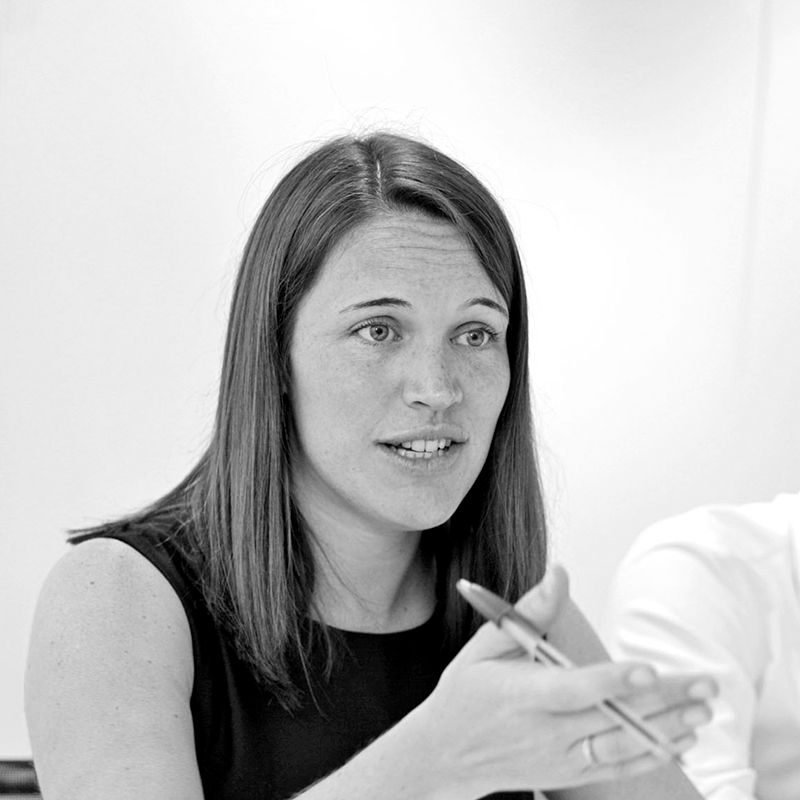Vigo has been featured in Simon English’s Tomorrow’s Business Roxhill Media bulletin.
In the piece, Simon highlights the shifting landscape in corporate communications, noting that agency size doesn’t always equate to strategic value, and that “bigger may not be better” when it comes to maintaining entrepreneurial spirit and genuine senior counsel.
As a truly independent agency, Vigo keeps clients at the centre of everything we do, with our senior advisory team applying deep expertise to help organisations and clients achieve their communication goals with clarity and impact.
Simon English’s Tomorrow’s Business bulletin was published on Monday 17 November 2025:
A shake up at the top of corporate communications
Simon English
For years, medium sized agencies have complained that boards are timid in the hiring of PR advisers.
Directors would pick Brunswick, or similar, over cheaper rivals just on the basis that no-one would fire them for doing so later.
IBM and Goldman Sachs won business for the same reasons.
Is this changing? Well, the medium sized players say it is, which may owe something to wishful thinking.
But. Last week we reported on Headland’s purchase of Bladonmore, a deal which takes it into America, among other benefits.
The other day, Vigo Consulting was named agency of the year.
Vigo is pleased and good for them, though rivals may not think it means that much. Awards come and go, and we don’t know who else entered. (Hacks don’t notice or care about these awards.)
What does Vigo think it means?
Damian Reece of Vigo tells me: “I think what the award shows is that you don’t need hundreds of people to run an international agency anymore and that when it comes to strategic communications and reputation management, quality and quantity are not the same thing.”
By this telling, the global agencies have a bloated cost base which makes the price of their advice too high, and clients are noticing.
So, just when private equity thought it was a good idea to consolidate PR firms into a few global behemoths to get efficiencies of scale, those efficiencies are now available to all and are being replicated through AI and other digital innovations.
Critics of the very biggest PR firms say they are only protected by the inertia of Boards, which is ironic given that Board inertia is one of the biggest reputational risks a company faces.
It would be nice if this were true, if there were a pending entrepreneurial led revolution coming at the top of corporate comms.
But that would require Boards to stop being so risk averse, and you don’t get appointed as a non-exec at a FTSE 100 company if you are the type to vote against decisions made by colleagues.
The easiest thing to do after a PR review – not the same as the best – is to reappoint the devil you know.
Reece continues: “If you accept the premise that the reputation of business remains poor, you have to ask yourself why? There are many reasons and poor corporate conduct is one.
But the sad fact is that too many businesses continue to get the same old advice from the same old people which hasn’t changed in decades – literally.”
Some of those same old people – I know from glasses of wine in City bars – are bored out of their brains.
Where they used to have creative agency, they are now trapped in huge bureaucracies.
If the overdue shake-up Vigo and others predict is real, perhaps the PR people might even welcome it.



















